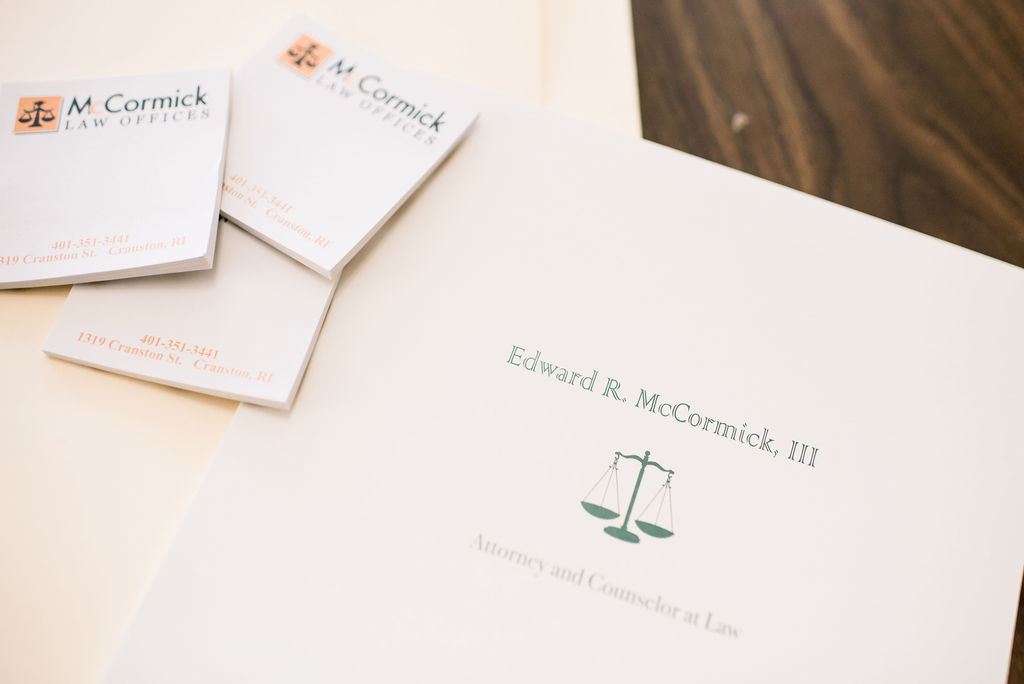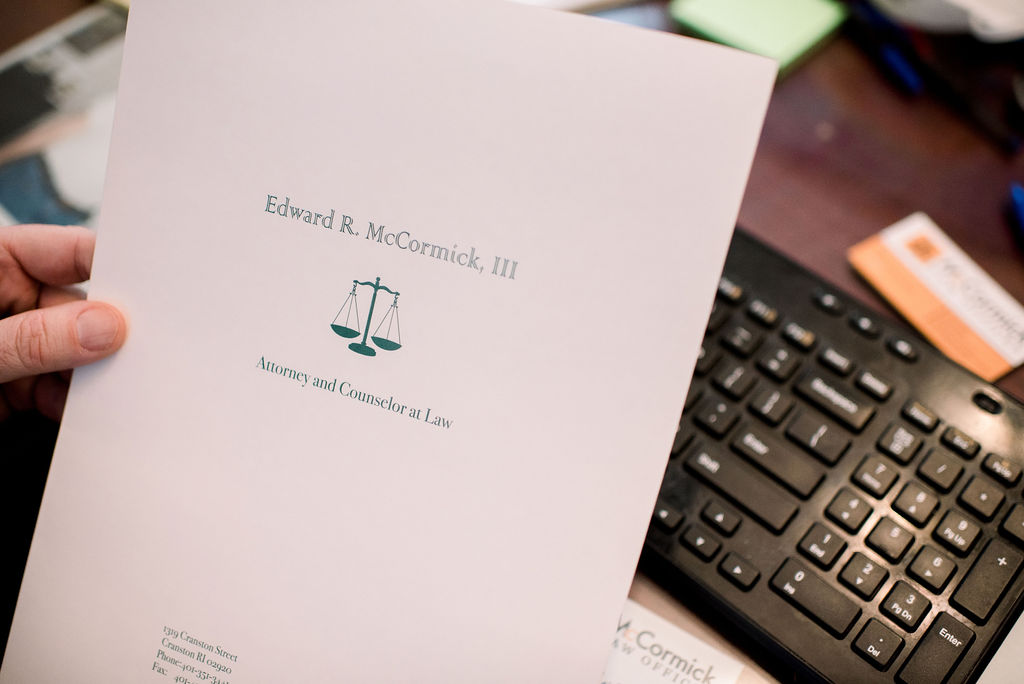Marriage Isn’t the Only Commitment That Matters
Today, many couples build lives together without legally marrying—sharing homes, raising children, and combining finances. But in Rhode Island, the law treats unmarried couples differently from married spouses.
That difference can cause legal and financial stress during breakups, emergencies, or even after one partner passes away.
If you’re not married but committed to a long-term partner, it’s important to understand what your rights are—and what legal steps you can take to protect yourself.
Does Rhode Island Recognize Common Law Marriage?
No. Rhode Island does not automatically recognize common law marriage. Living together—even for many years—does not grant the same legal rights as marriage unless you:
- Were previously recognized under common law in another state, and
- Meet specific criteria to have that relationship recognized here
Without a legal marriage or other protections in place, you may have no claim to your partner’s assets, property, or decision-making rights.
What Happens If You Break Up?
If you’re unmarried and your relationship ends, Rhode Island law does not offer the same divorce protections that married couples receive. That includes:
- No automatic property division: If a house, car, or bank account is only in one partner’s name, the other has no legal claim—even if both contributed.
- No spousal support or alimony: There’s no right to financial support after separation.
- No court-supervised custody unless you share children: For co-parents, child custody and support are addressed through family court—but without marriage, other claims are more limited.
What If One Partner Dies?
This is often where the lack of legal protection causes the most harm. If your partner passes away without a will:
- You won’t automatically inherit any of their property
- You won’t have legal authority over funeral decisions
- You may be denied hospital visitation or medical decision-making rights
Even if you shared a home or built a life together for decades, the law defaults to next of kin—not unmarried partners.
Legal Protections for Unmarried Couples in Rhode Island
Fortunately, there are ways to establish clear legal protections:
Cohabitation Agreements
Similar to a prenuptial agreement, a cohabitation agreement defines each partner’s rights and responsibilities. It can address:
- Property ownership and division
- Debt responsibility
- Financial support in the event of a breakup
- Conflict resolution methods
This document becomes especially important if you buy property, share business ventures, or blend finances.
Wills and Estate Planning
- Create or update your estate plan to:
- Leave assets to your partner
- Appoint them as your health care proxy or power of attorney
- Ensure they can remain in your shared home
Estate planning is essential if you want to protect your partner in the event of your death.
Parenting Agreements
If you have children together, a parenting plan and legal custody agreement helps define each parent’s role—and provides structure for decision-making and support.
Why You Should Work with a Family Law Attorney
If you’re in a long-term relationship without the legal structure of marriage, don’t wait until something goes wrong. McCormick Law Offices can help you:
- Draft or review cohabitation agreements
- Plan your estate to include your partner
- Resolve custody or property disputes fairly
- Understand your legal options if a relationship ends
We guide clients through sensitive family matters with clarity and care—ensuring your rights are protected and your voice is heard.
Protect the Life You’ve Built—Together
Being unmarried shouldn’t mean being unprotected. If you’re building a life with a partner in Rhode Island, take the legal steps now to safeguard your future—before a crisis makes it harder.
Contact McCormick Law Offices to schedule a consultation and learn how we can help.
Legal Disclaimer
The information provided on this website, including all blog posts, resources, and service descriptions, is for general informational purposes only and should not be construed as legal advice. While McCormick Law Offices strives to keep content accurate and up to date, the law is constantly evolving, and the information presented may not reflect the most recent legal developments or apply to your particular circumstances.
No attorney-client relationship is established by viewing this website, filling out a contact form, or engaging with our content. An attorney-client relationship with McCormick Law Offices is only formed through a signed written agreement.
You should not act or rely on any information on this site without first consulting a qualified attorney regarding your specific legal matter. Any links to third-party websites are provided for convenience only and do not imply endorsement or responsibility for their content.
McCormick Law Offices serves clients primarily in Rhode Island and Massachusetts. Legal services are provided in accordance with the applicable laws and ethical rules of these jurisdictions.
If you need legal advice or representation, please contact our office directly to schedule a confidential consultation.







